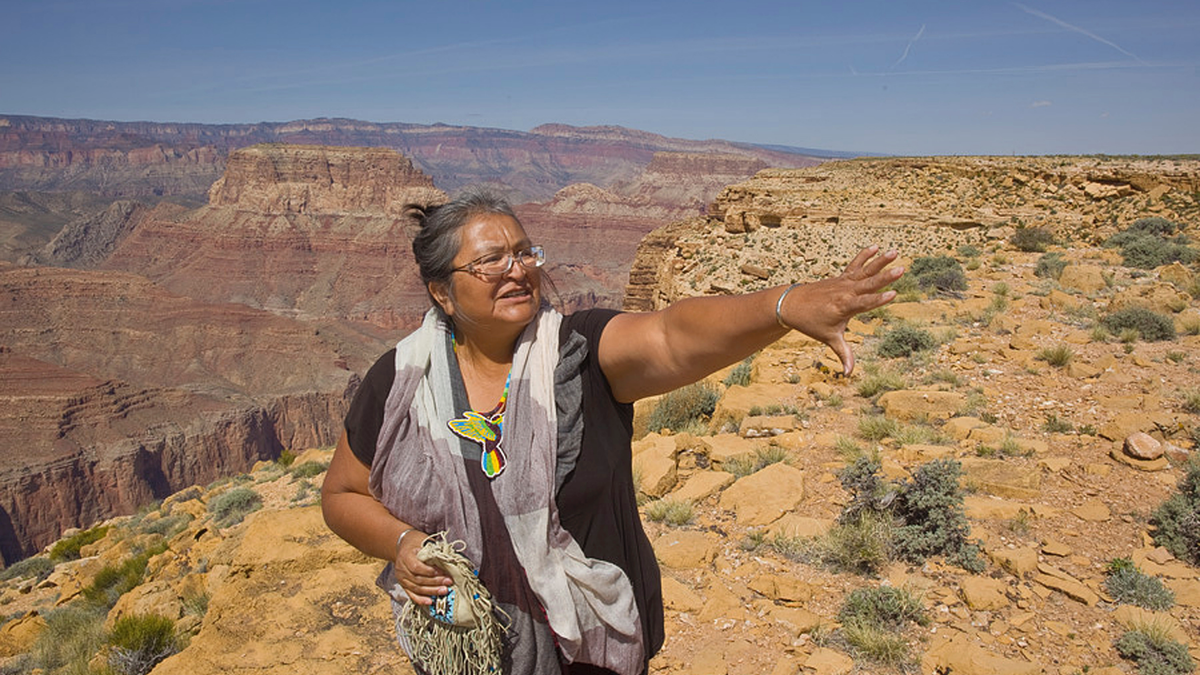
FLAGSTAFF, Ariz. – The chances of an aerial tram carrying visitors from the edge of the Grand Canyon to a riverside boardwalk appear slim.
Lawmakers on the country's largest American Indian reservation shot down the measure this week. The project included stores, hotels and restaurants on the canyon's East Rim.
Developers haven't said what they'll do next.
The legislation was opposed by environmentalists and outdoor enthusiasts who want to keep open spaces wild. At the same time, the Trump administration wants to free up other federal land for resource development.
Developers proposed the multimillion-dollar aerial tram as an economic savior for the reservation with high unemployment.
Opponents say there are other possibilities for economic development, including tourists coming to motels, truck stops and the reservation's natural features.







































